The Best Fertilizer For Flowers: Get Blooms That Will Blow Your Mind
Introduction
Flowers are a beautiful addition to any garden, but they need the right nutrients to thrive. Fertilizer can help your flowers grow big, strong, and healthy, and it can also encourage them to bloom more abundantly.
In this blog post, we will discuss the best fertilizer for flowers. We will talk about the different types of fertilizer available, the nutrients that flowers need, and how to apply fertilizer correctly. We will also provide some tips for choosing the right fertilizer for your specific flowers.
The Different Types of Fertilizer
There are two main types of fertilizer: organic and synthetic. Organic fertilizers are made from natural materials, such as manure, blood meal, and bone meal. Synthetic fertilizers are made from chemicals.
Both organic and synthetic fertilizers can be effective at fertilizing flowers. However, organic fertilizers tend to be more gentle on the environment, and they can also improve the quality of the soil.
The Nutrients That Flowers Need
Flowers need three main nutrients to thrive: nitrogen, phosphorus, and potassium. These nutrients are often referred to as NPK.
- Nitrogen helps flowers grow lush foliage.
- Phosphorus helps flowers bloom.
- Potassium helps flowers develop strong root systems.
How to Apply Fertilizer
The best time to fertilize flowers is in the spring, when they are starting to grow. You can also fertilize flowers in the fall, after they have finished blooming.
To apply fertilizer, simply follow the instructions on the label. Be sure to apply the fertilizer evenly around the base of the plant.
Tips for Choosing the Right Fertilizer
When choosing a fertilizer for flowers, there are a few things to keep in mind:
- The type of flowers you are growing.
- The stage of growth the flowers are in.
- The soil quality.
If you are not sure which fertilizer to choose, it is always a good idea to consult with a garden expert.
Conclusion
Fertilizer is an important part of growing healthy, beautiful flowers. By following the tips in this blog post, you can choose the right fertilizer for your flowers and help them reach their full potential.
Here are some additional tips for getting the most out of your fertilizer:
- Water your flowers thoroughly before fertilizing. This will help the fertilizer dissolve and reach the roots.
- Do not over-fertilize. Too much fertilizer can actually damage your flowers.
- Test your soil before fertilizing. This will help you determine the type and amount of fertilizer your flowers need.
By following these tips, you can ensure that your flowers get the nutrients they need to thrive. So get out there and start fertilizing! Your flowers will thank you for it.
I've done some research on the best fertilizer for flowers, and I've found a few top-rated options. Here are my top picks:
- Jobe's Organics Rose & Flower Fertilizer
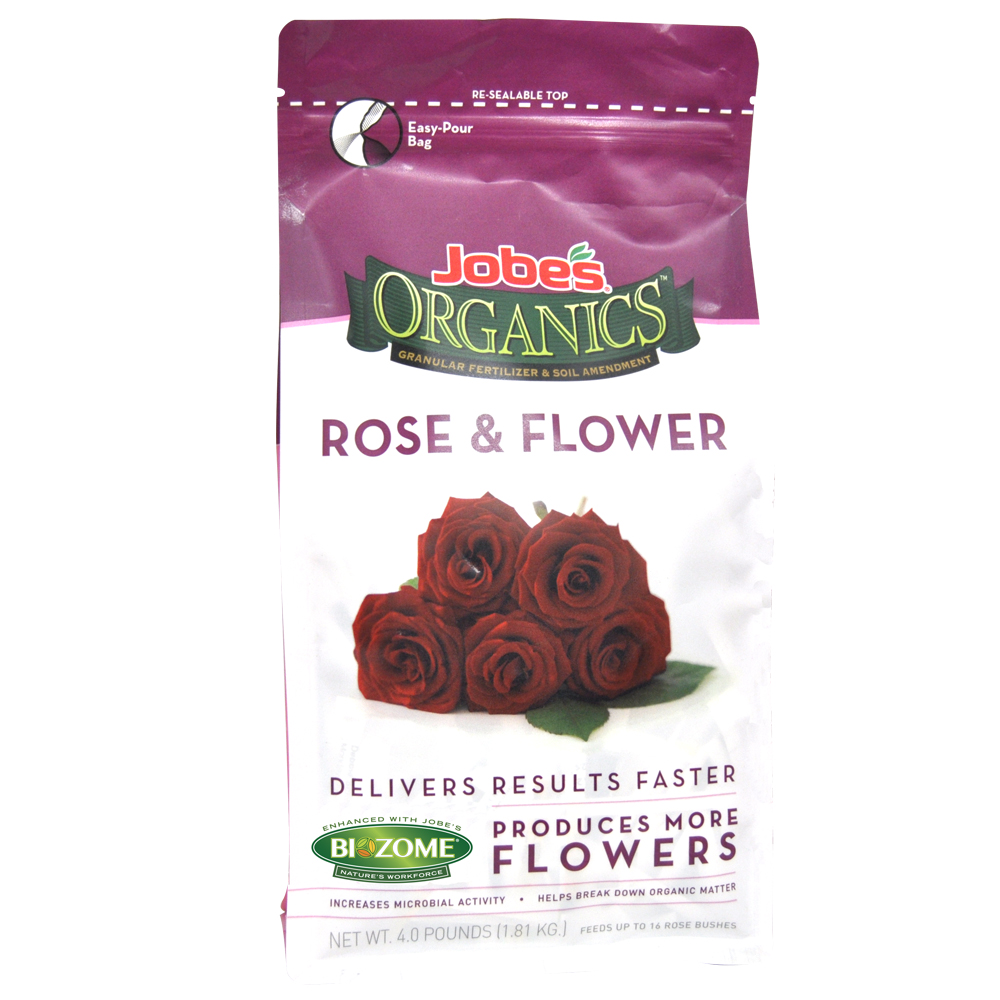
- Osmocote Smart-Release Plant Food
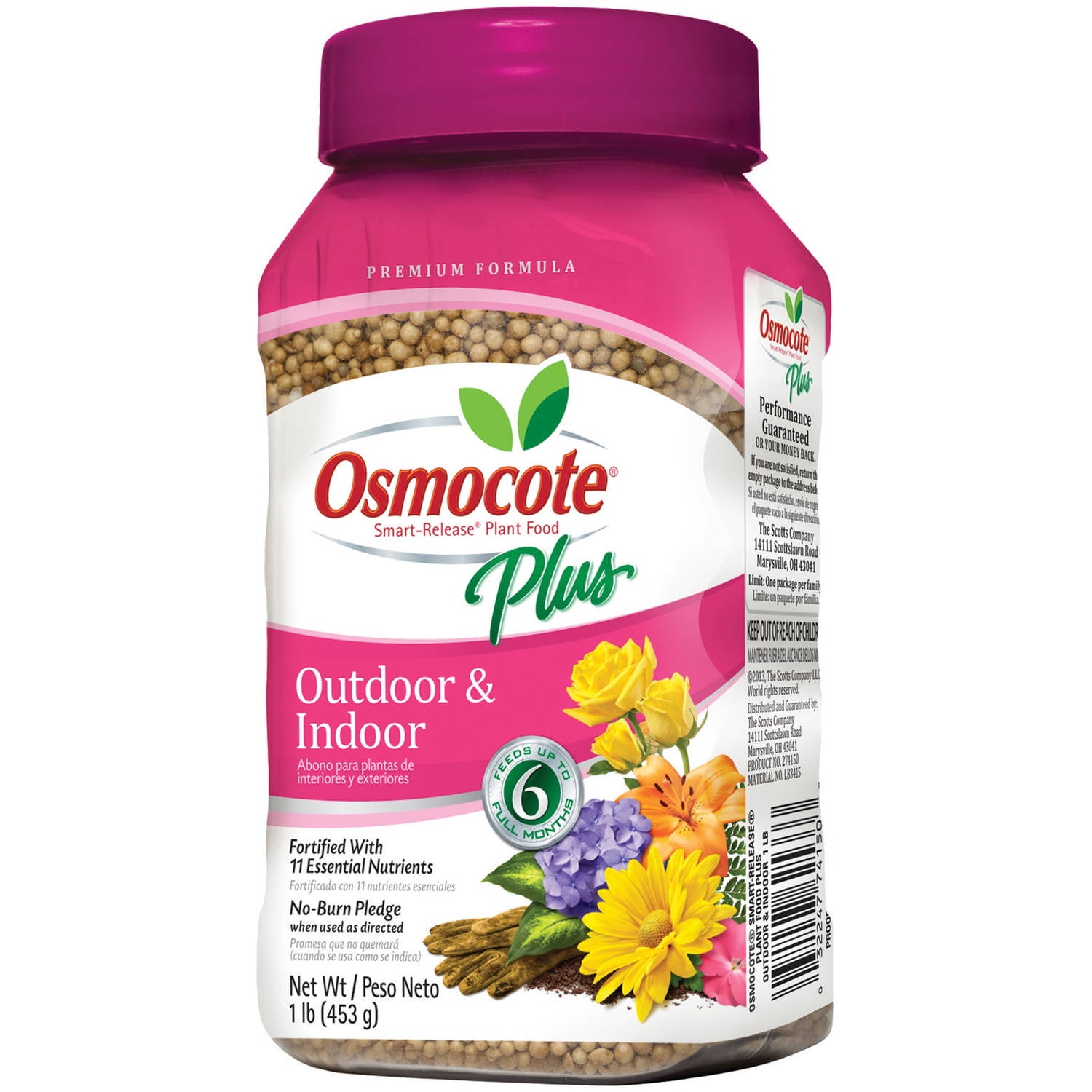
- FoxFarm Happy Frog All Purpose Fertilizer
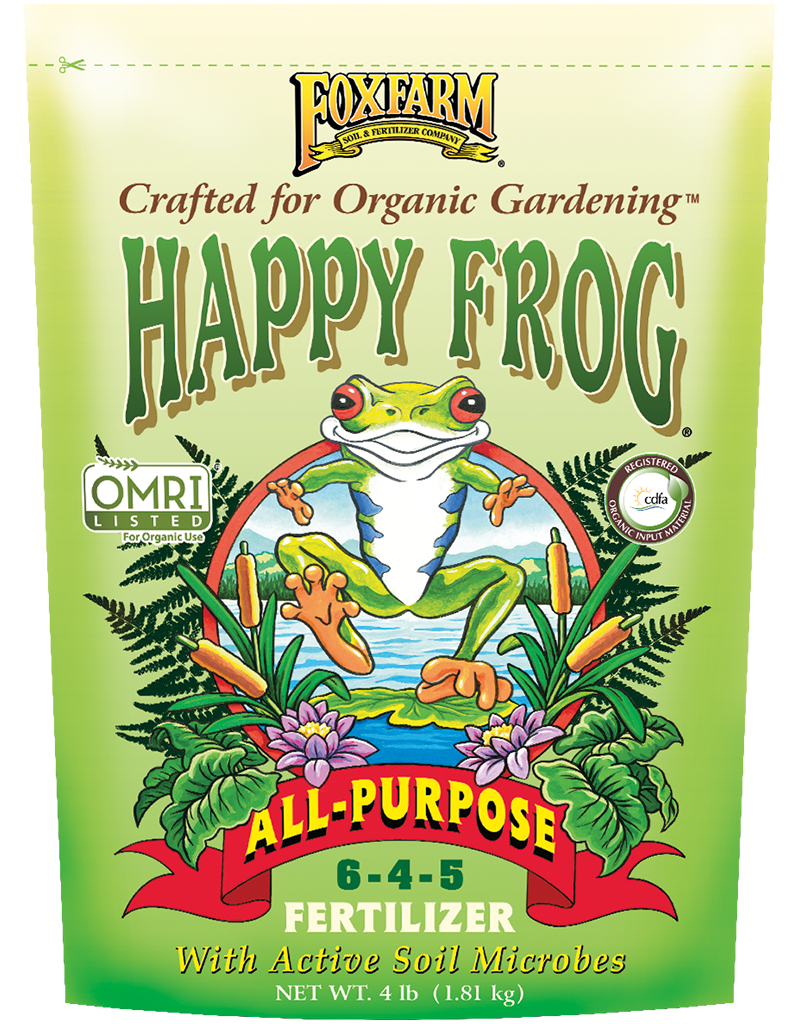
- Worm Castings Organic Fertilizer
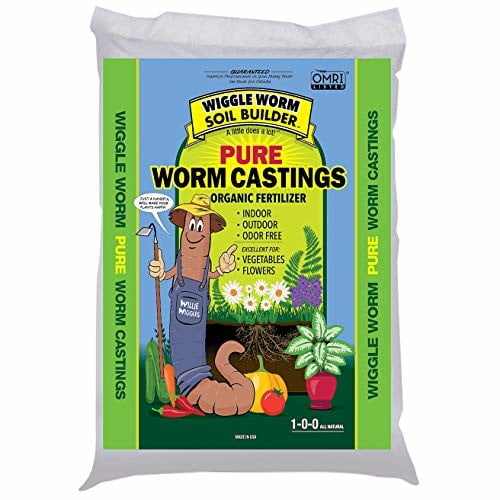
- Neptune's Harvest Fish and Seaweed Fertilizer

- Espoma Flower-Tone Plant Food
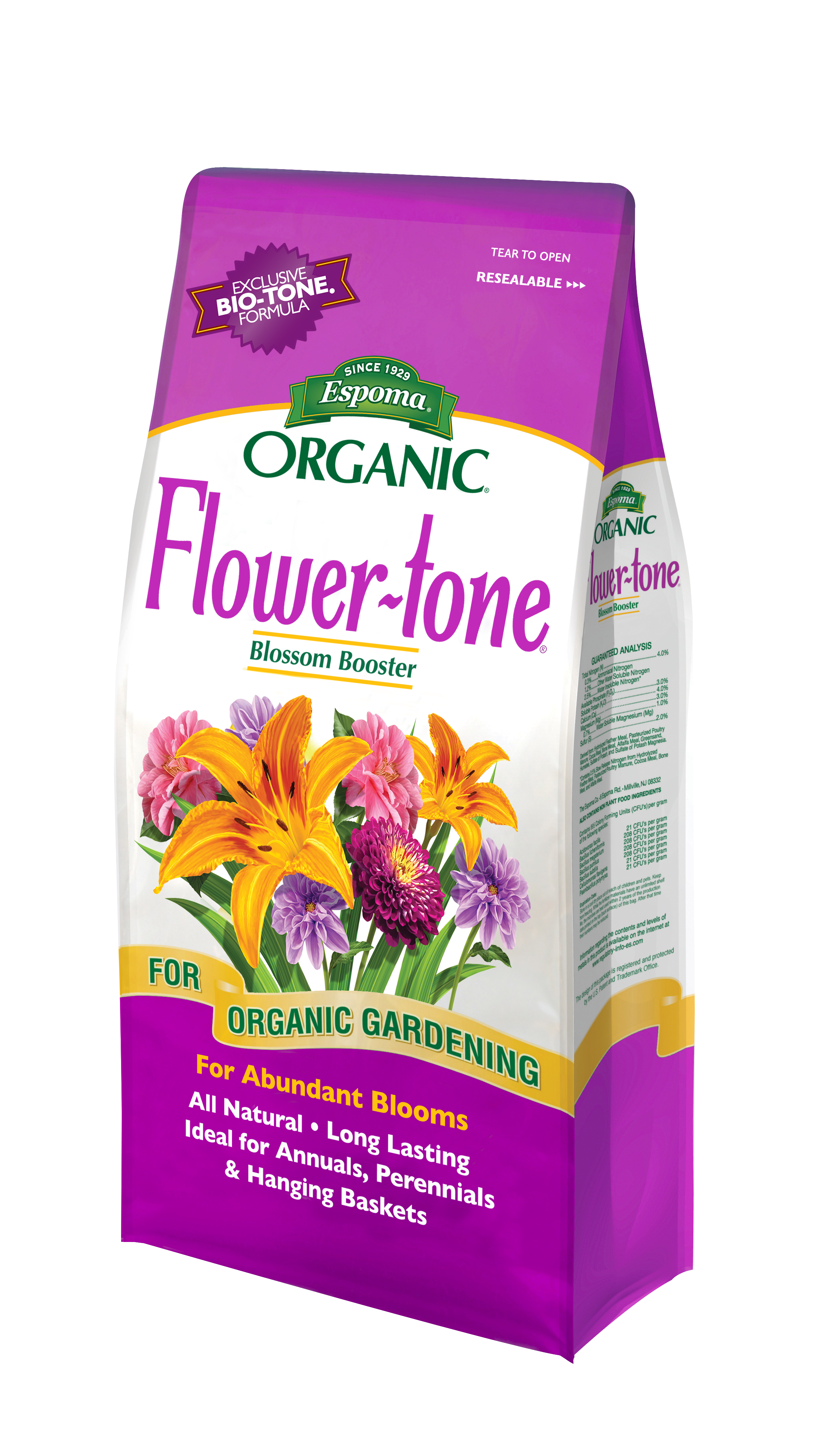
- Burpee Organic Rose and Bloom Granular Plant Food
- Schultz Liquid Fertilizer
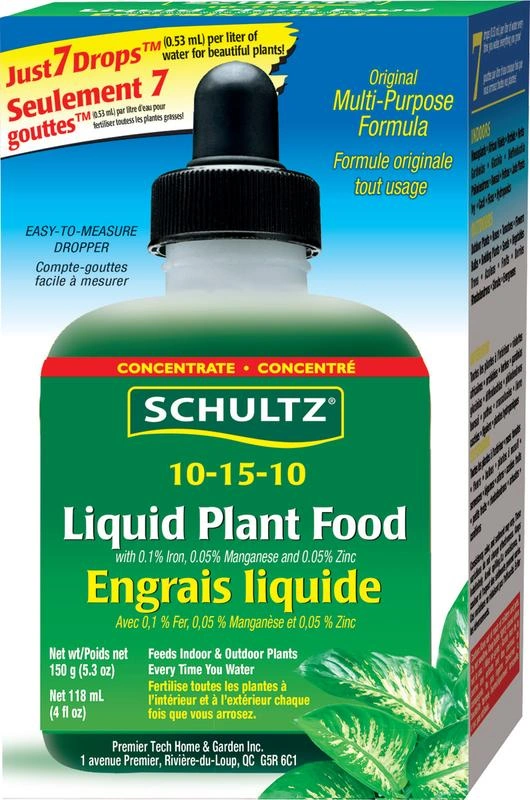
You can learn more about these fertilizers and find the best one for your needs by visiting Home Gardening.
FAQ of best fertilizer for flowers
What is the best fertilizer for flowers?
The best fertilizer for flowers will vary depending on the type of flower, the soil conditions, and the climate. However, in general, a fertilizer with a high phosphorus content will help to promote flowering. Some good options include:
- Jobe's Organics Rose & Flower Fertilizer: This fertilizer is made with organic ingredients and is slow-release, so it won't burn your plants.
- Osmocote Smart-Release Plant Food: This fertilizer is also slow-release and is made with a balanced blend of nutrients.
- FoxFarm Happy Frog All Purpose Fertilizer: This fertilizer is a good choice for general-purpose fertilizing.
- Worm Castings Organic Fertilizer: This fertilizer is made with worm castings, which are a rich source of nutrients.
- Neptune's Harvest Fish and Seaweed Fertilizer: This fertilizer is made with fish and seaweed, which are both natural sources of nutrients.
How often should I fertilize my flowers?
The frequency of fertilizing your flowers will depend on the type of fertilizer you are using. Slow-release fertilizers can be applied every 4-6 weeks, while water-soluble fertilizers should be applied every 1-2 weeks.
What are the signs that my flowers need fertilizer?
There are a few signs that your flowers may need fertilizer. These include:
- Slow growth
- Small, pale leaves
- Few or no flowers
- Yellowing leaves
How can I avoid burning my flowers with fertilizer?
It is important to follow the directions on the fertilizer label carefully. Never apply more fertilizer than the recommended amount. You can also test the soil pH before fertilizing to make sure that the soil is not too acidic or alkaline.
Image of best fertilizer for flowers
- Coffee grounds: Coffee grounds are a great source of nitrogen, which is essential for flower growth. You can simply sprinkle coffee grounds around your plants or mix them into the soil.
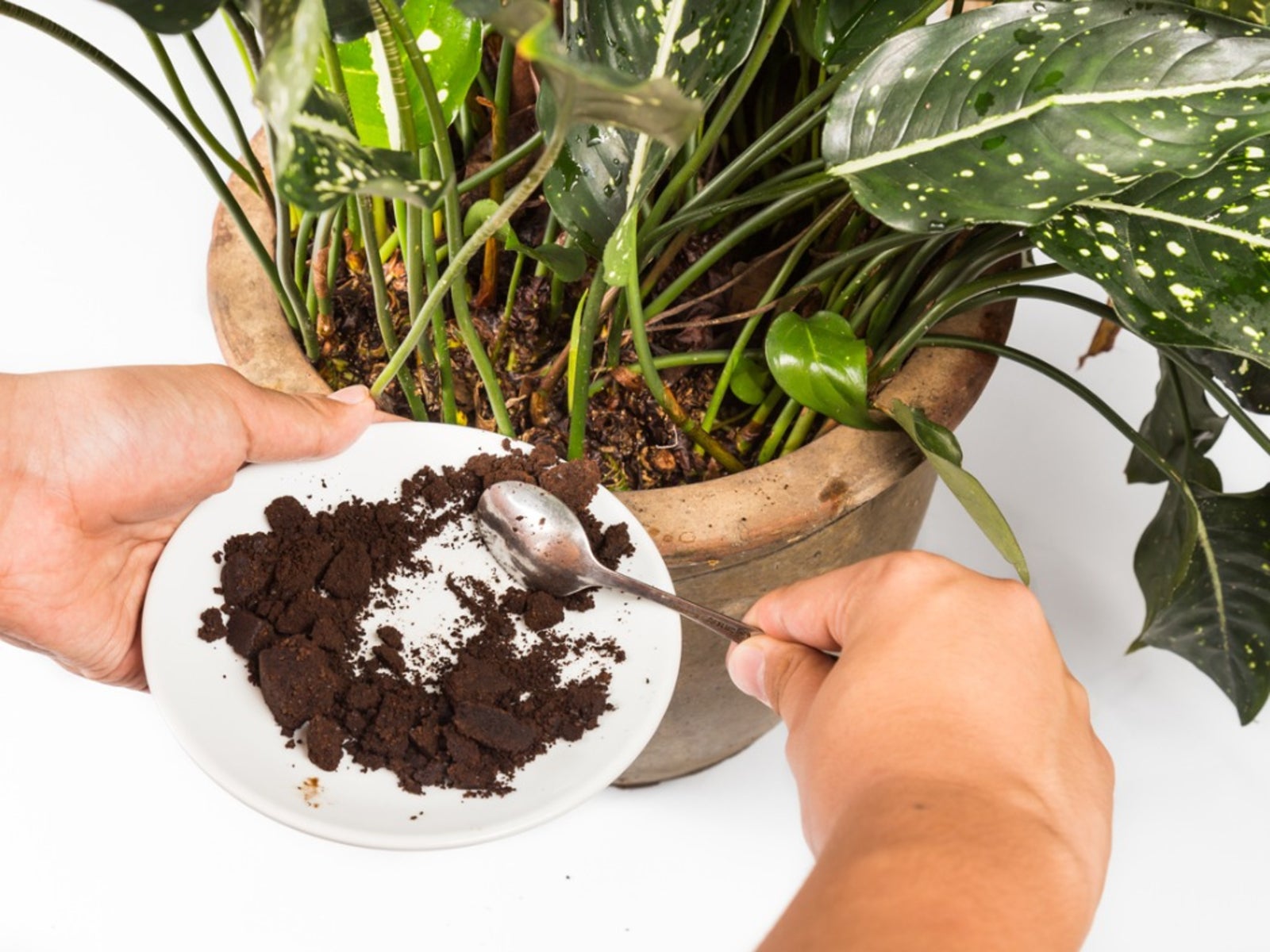
- Eggshells: Eggshells are a good source of calcium, which helps to strengthen flowers' stems and roots. To use eggshells as fertilizer, crush them up and sprinkle them around your plants.
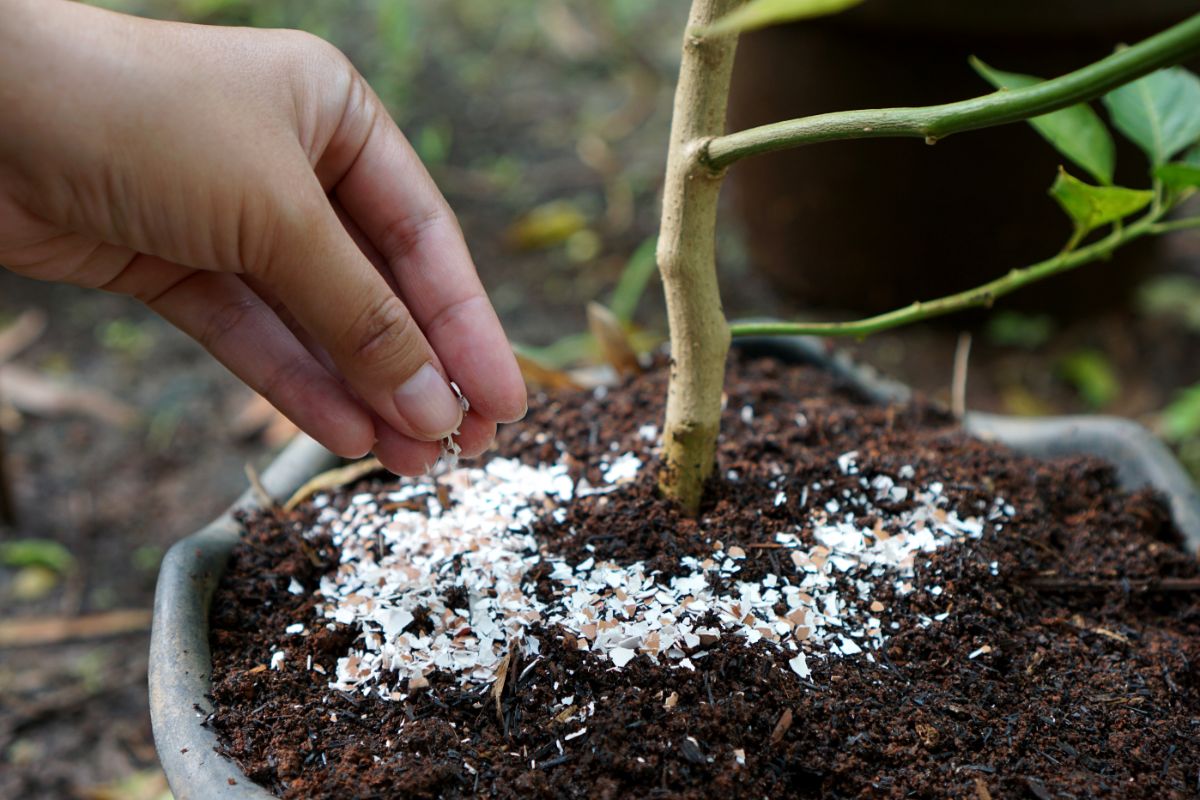
- Grass clippings: Grass clippings are a great way to add nitrogen and organic matter to your soil. Simply spread grass clippings around your plants and let them decompose.
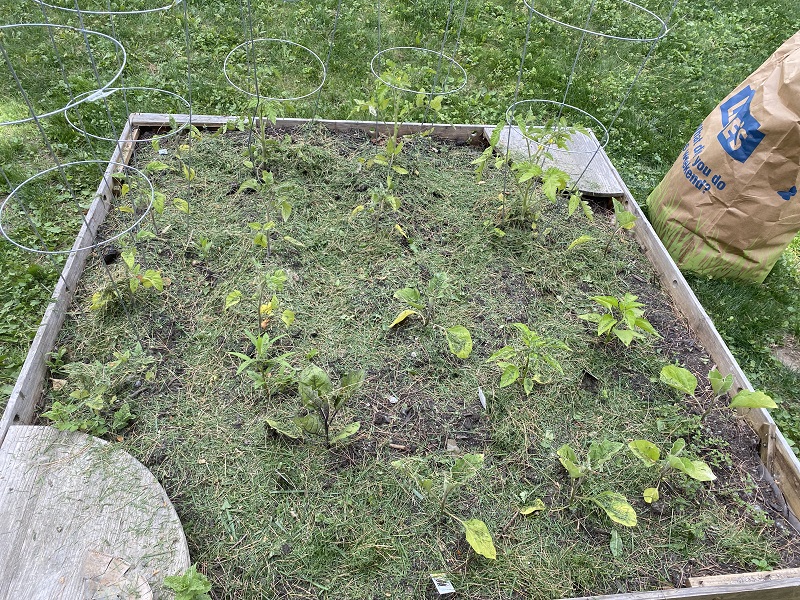
- Tea leaves: Tea leaves are a good source of nitrogen and potassium, which are both essential for flower growth. You can simply sprinkle tea leaves around your plants or compost them.

- Yard waste: Yard waste, such as leaves, twigs, and fruit scraps, can be composted and used as fertilizer for flowers. Composting yard waste helps to reduce waste and improve the quality of your soil.
- Manure: Manure is a rich source of nutrients, including nitrogen, phosphorus, and potassium. It can be used to fertilize flowers, but it is important to use it sparingly, as too much manure can burn plants.

- Kelp meal: Kelp meal is a good source of trace minerals, which are essential for flower health. It can be used to fertilize flowers, but it is important to dilute it according to the manufacturer's instructions.

- Fish emulsion: Fish emulsion is a liquid fertilizer that is made from fish. It is a good source of nitrogen and other nutrients, and it can be used to fertilize flowers.
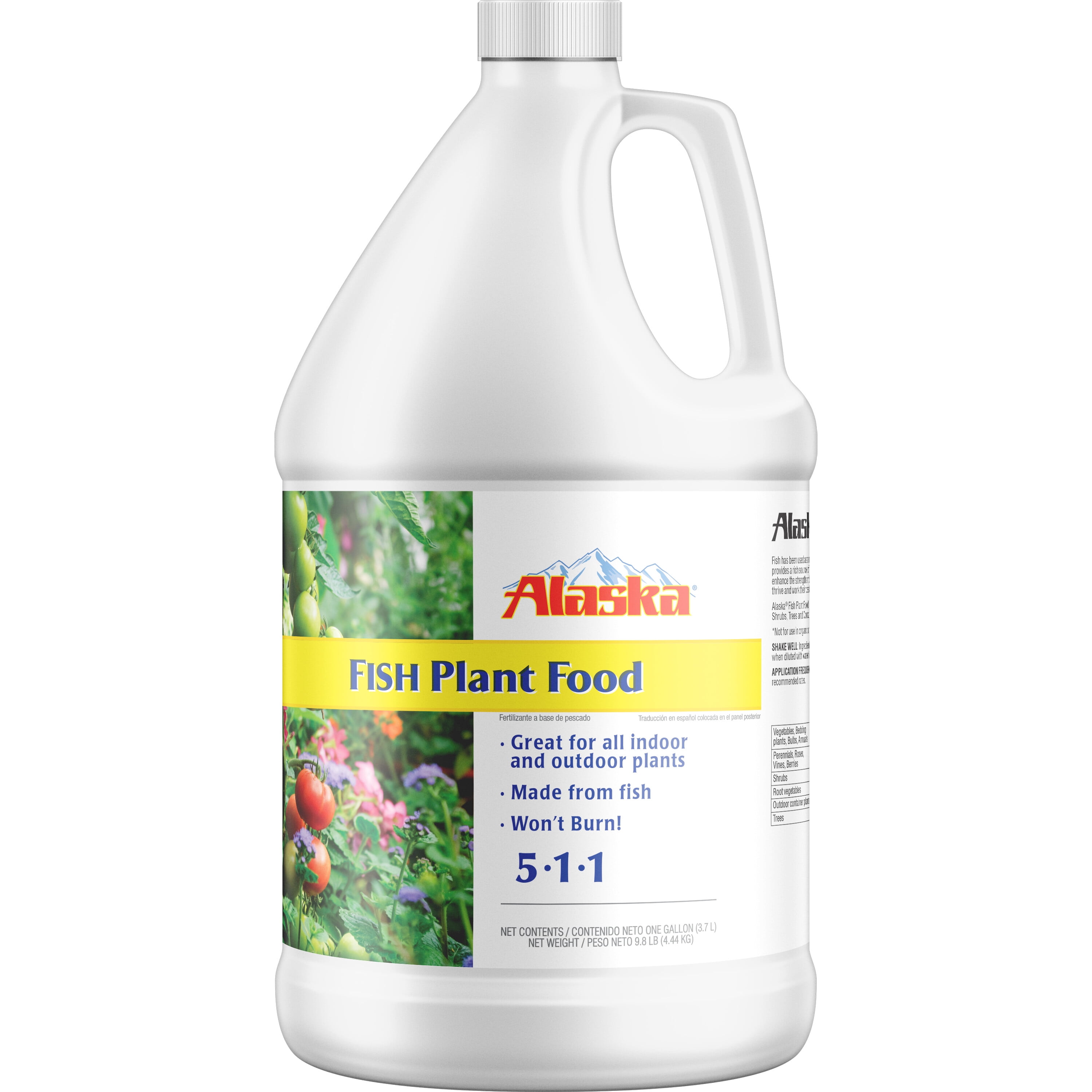
- Worm castings: Worm castings are a type of organic fertilizer that is made from the excrement of earthworms. They are a good source of nutrients, and they help to improve the quality of your soil.


Post a Comment for "The Best Fertilizer For Flowers: Get Blooms That Will Blow Your Mind"